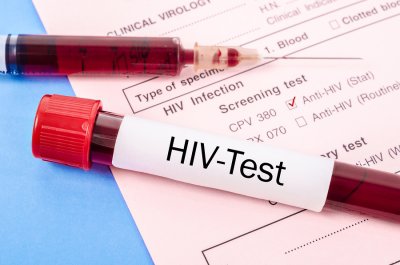Human immunodeficiency virus (HIV) is a chronic, incurable disease that attacks the immune system. This leaves patients vulnerable to other serious infections and diseases. Acquired immunodeficiency syndrome (AIDS) is the end stage of HIV infection. Because HIV can take years to progress, patients might not qualify for Social Security disability benefits for a while. A lawyer in Baltimore who handles Social Security disability claims can provide personalized guidance based on the factors that are unique to each case.

When HIV/AIDS Qualifies for Disability Benefits
The primary infection results in acute, flu-like symptoms that typically last no longer than a few weeks. After this point, the patient enters the clinical latent infection stage, also known as chronic HIV. If the patient does not take HIV medications, the stage may last 10 years before progressing to AIDS. With medications, it may take a few decades before reaching the end-stage. During the chronic HIV stage, patients often experience few to no symptoms. This means they might not be classified as disabled. To qualify for Social Security disability benefits before HIV progresses to AIDS, patients must prove that they have one or more “opportunistic” illnesses that arise as a result of the suppressed immune system.
How to Prove Disability
HIV/AIDS patients must first prove that they were diagnosed with HIV/AIDS. This is easily accomplished via medical records. The next step is more complex. It involves sorting through the Social Security Administration’s “blue book,” or listing of official disability requirements. Patients would be well advised to consult a lawyer about these requirements before filing a claim. Here’s a brief, incomplete overview of the requirements:
- Bacterial infection, including multiple infections that required hospitalization
- Viral infection, including treatment-resistant shingles
- Fungal infection, including pneumonia caused by Pneumocystis fungi
- Protozoan or helminthic infection, including toxoplasmosis
- Cancer
- Skin or mucous membrane condition, including treatment-resistant lesions
- HIV encephalopathy with brain swelling that causes cognitive/physical impairment
- HIV wasting syndrome, with a loss of 10% or more bodyweight
- Diarrhea that requires intravenous hydration
Other illnesses can qualify. Consult a lawyer for further guidance.
How to Qualify Based on Limited Functional Capacity
Even if patients do not qualify under the disability listing, they may qualify for benefits based on their limited functional capacity. A residual functional capacity (RFC) rating determines whether a person can perform sedentary, light, or medium work. The SSA will probably consider a person disabled if he or she lacks job skills and higher education, and can only perform sedentary work.

